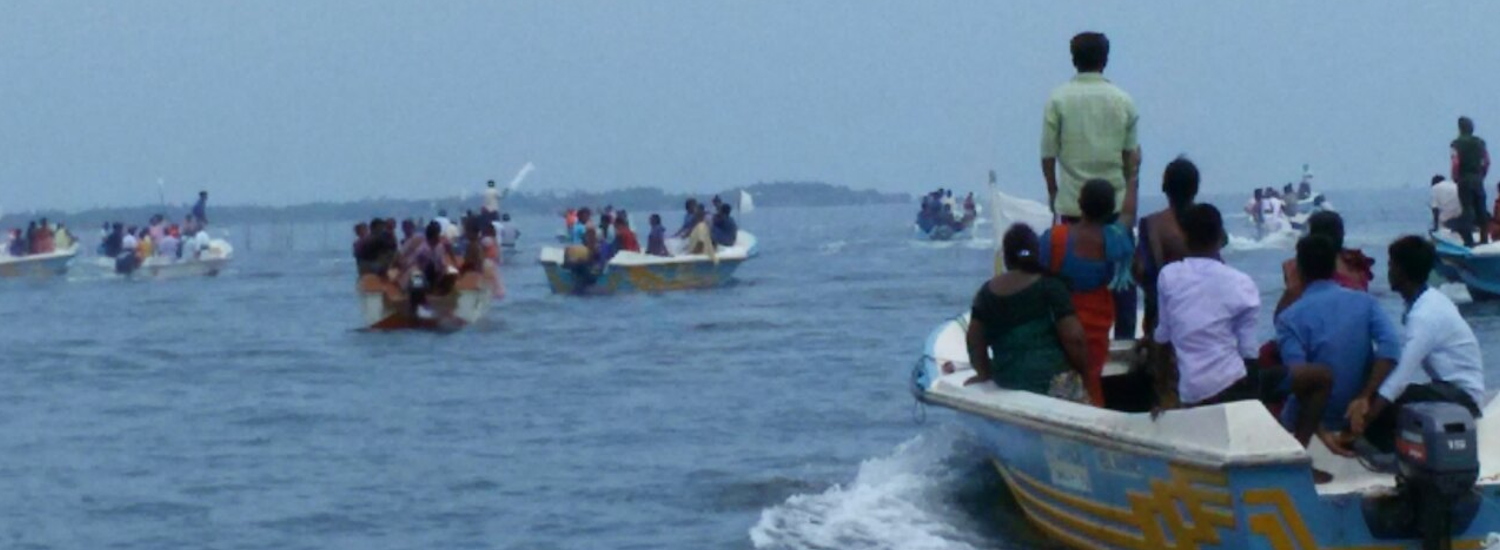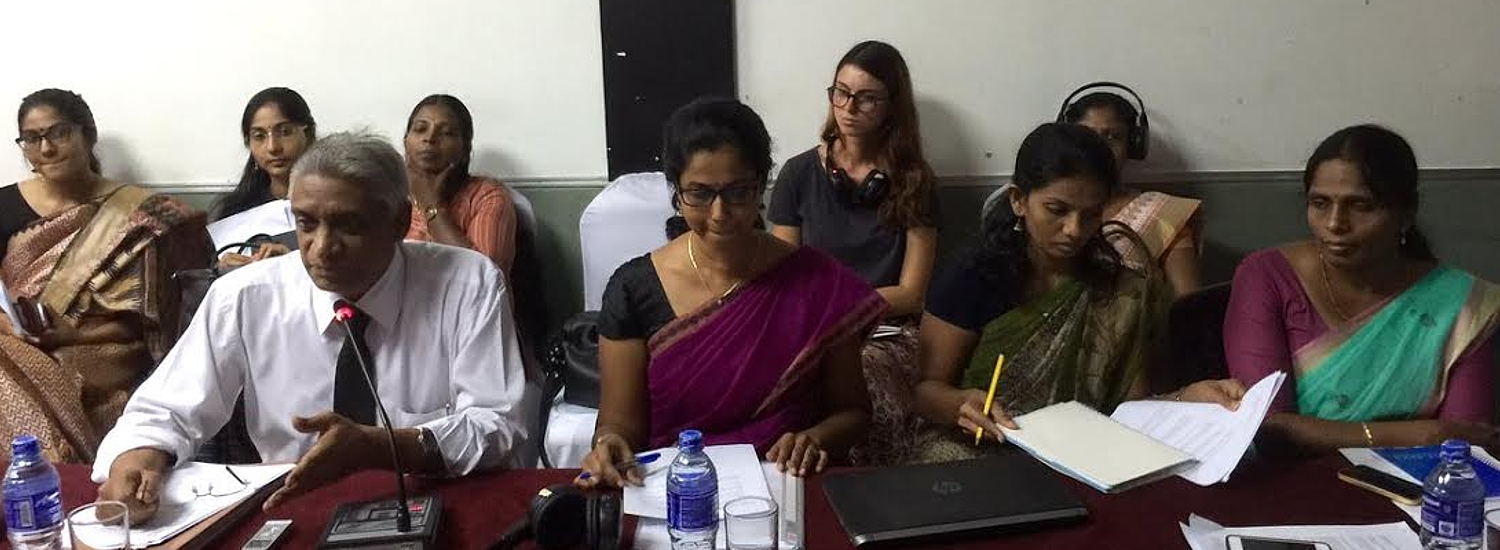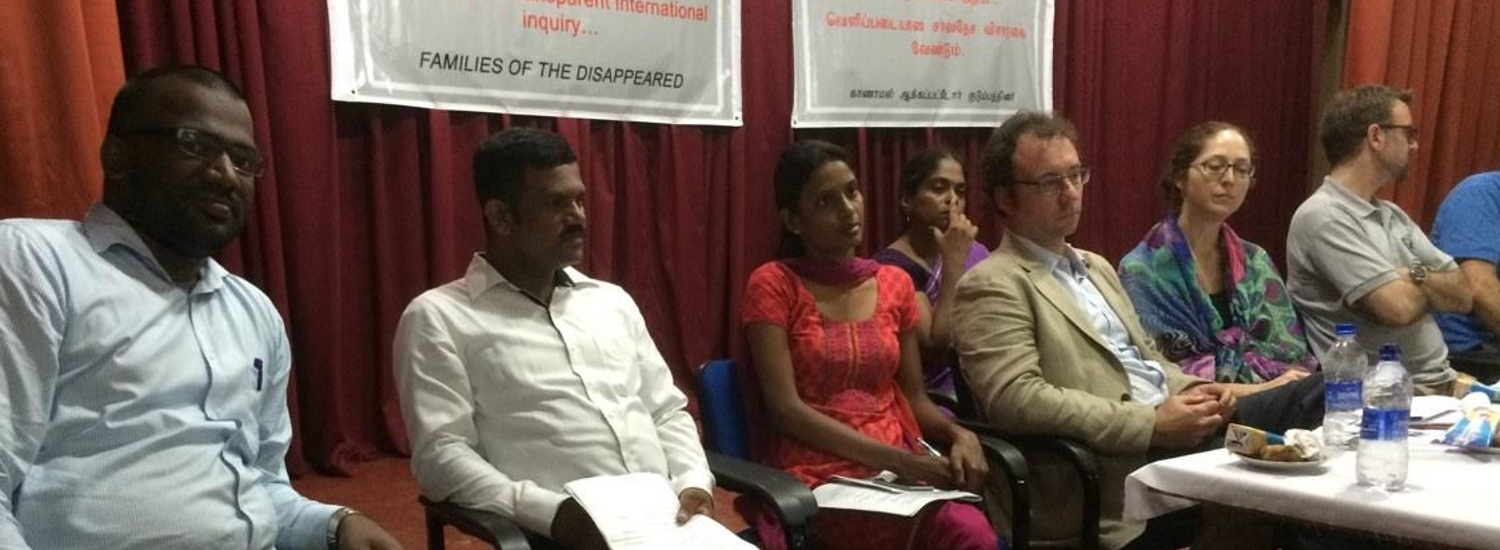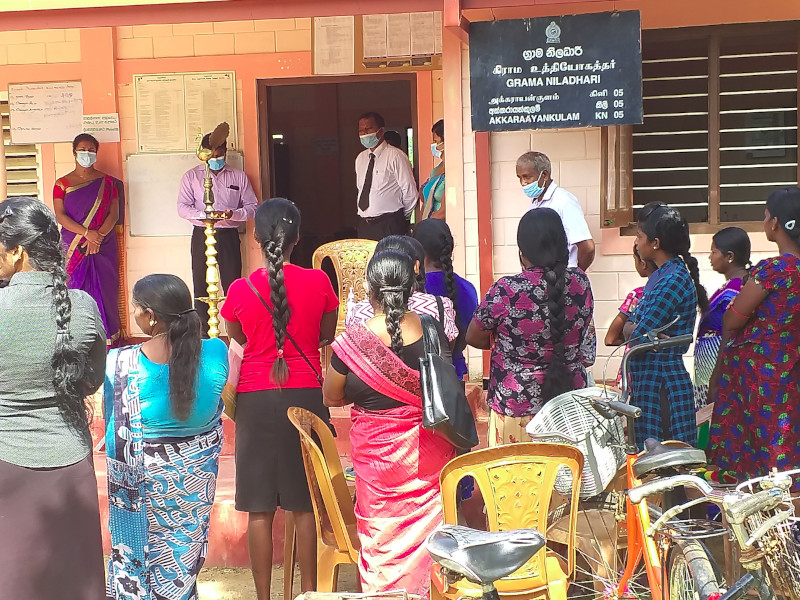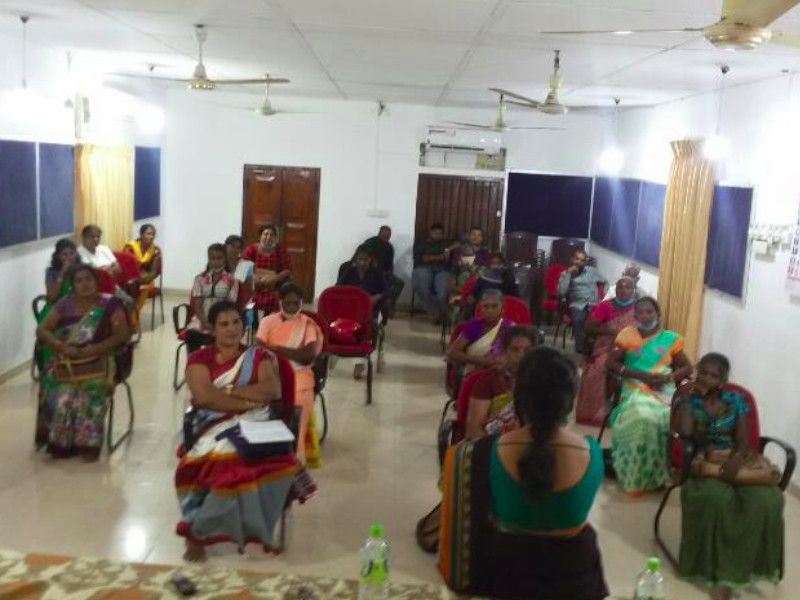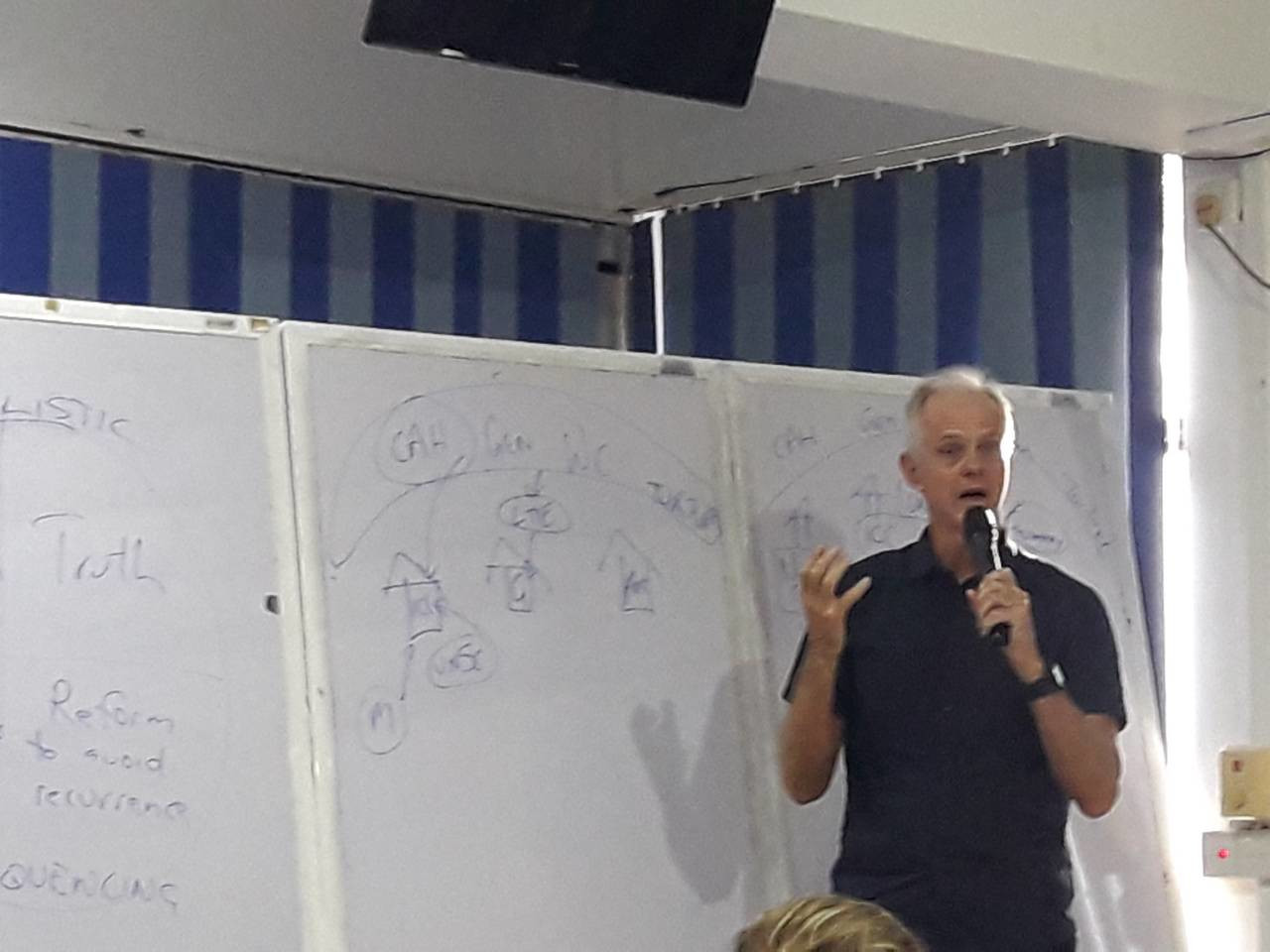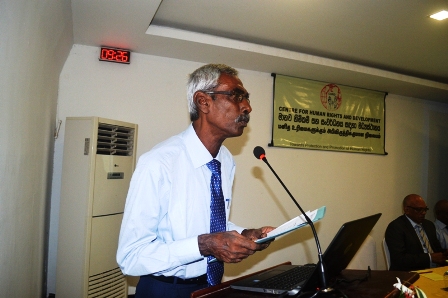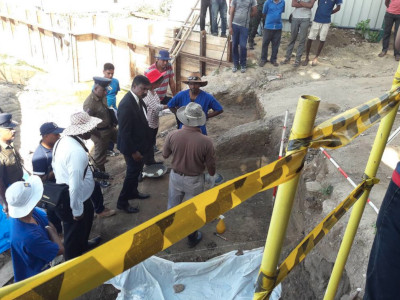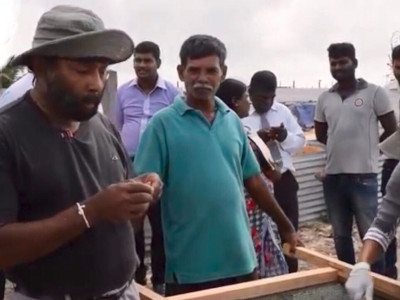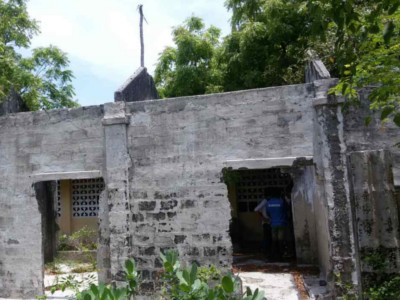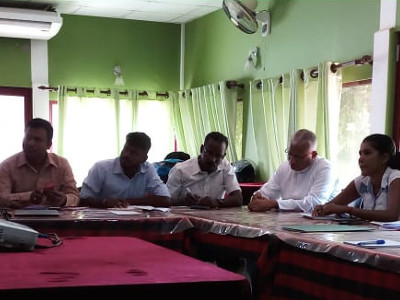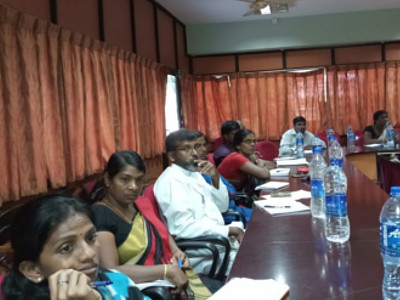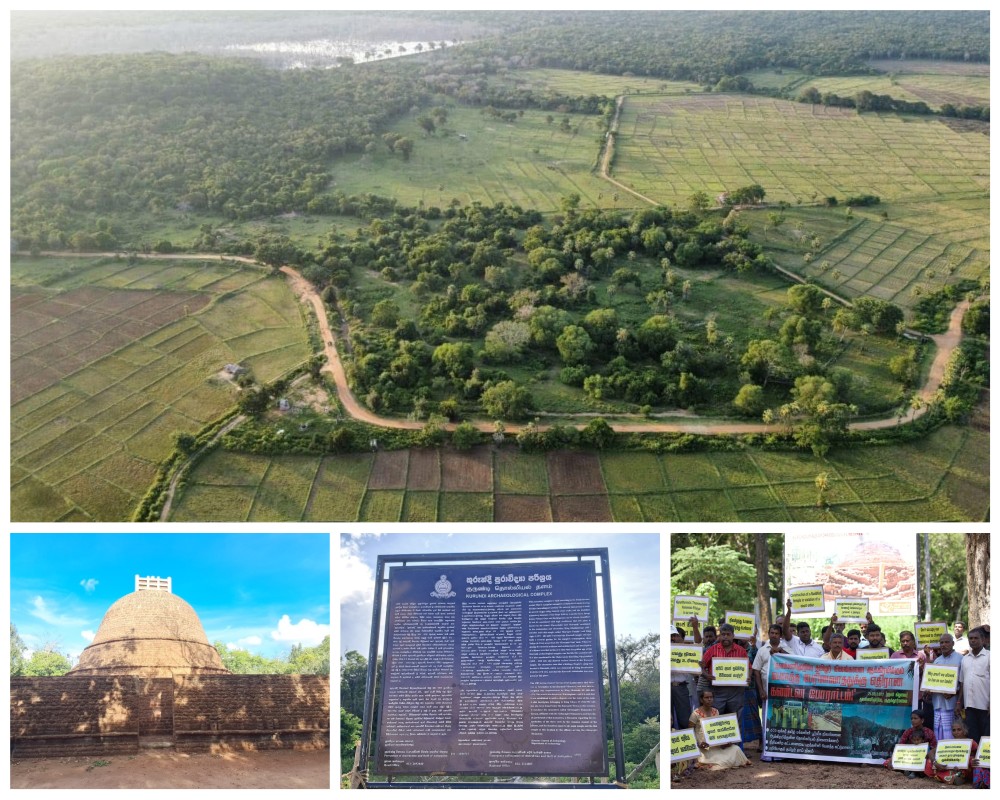Featured News
2025-11-20
Illegal Buddha statue installation in Trincomalee sparks concerns over deepening communal divisions and marginalization
A series of escalating events in Trincomalee has triggered widespread alarm among Tamil civil society, rights defenders, and political representatives, who warn of a deepening campaign of Sinhalisation in Sri Lanka’s war-affected Eastern Province. The episode centres on the unauthorised installation of a Buddha statue on public coastal land — a move critics say exemplifies the government’s structural discrimination, land appropriation, and religious encroachment targeting Tamil communities.
The construction of a Sinhala Buddhist shrine by monks from outside the area — without legal approval — and its subsequent protection by state forces, has become a flashpoint for concerns over state-enabled demographic engineering. The area, which has historically been part of the Tamil homeland, has witnessed repeated efforts by Sinhala Buddhist groups to assert religious and territorial control, often under the guise of archaeological or conservation claims.
Authorities from the Coast Conservation Department initially acted on legal grounds, ordering the removal of the illegal structure. Yet the statue was swiftly returned by the police, reportedly to avoid "vandalism" — a justification denounced by Tamil MPs as a smokescreen for capitulating to Sinhala nationalist pressure. Legal orders restricting construction have been openly defied as the shrine continues to stand under police protection.
“This is not an isolated incident,” said one Tamil parliamentarian. “It is part of a long-standing strategy of forced displacement, colonisation, and marginalisation. The state’s actions continue to embolden extremist groups and undermine the rights of indigenous communities.”
Local journalists and government inspectors were blocked from inspecting the site, with monks reportedly threatening and expelling them from the premises. Meanwhile, government ministers and even the president have publicly downplayed the issue, brushing aside legitimate concerns of land grabbing and religious provocation.
Human rights advocates warn that these developments are unfolding in a broader climate of impunity and state-backed Sinhala Buddhist majoritarianism. For Tamil communities, particularly in Trincomalee, the Buddha statue controversy is not merely a dispute over a single structure — it is a symbol of systemic injustice, land dispossession, and cultural erasure.
There is growing concern that the NPP government, despite its initial promises of accountability and legal reform, has failed to confront these structural inequalities. Instead, its reversal of enforcement actions and rhetorical dismissal of the issue reflect the same discriminatory patterns observed under previous regimes.
“Land is not just property — it is identity, memory, and survival,” said one local activist. “If the government truly believes in reconciliation, it must stop these forced encroachments and restore dignity to those who have already suffered war, displacement, and decades of exclusion.”
As court hearings continue, Tamil communities and civil society groups are demanding not only the removal of the illegal structure but also a transparent, rights-based approach to land governance and religious freedom in the Eastern Province. The calls echo a broader demand for truth, justice, and genuine equality — not symbolic gestures or political theatre.
About Us
Center for Human Rights and Development (CHRD) is a leading Sri Lankan human rights organization established in 1997 by human rights lawyers and activists. We work to protect and promote human rights development and in defending human rights in Sri Lanka, provide a source of legal support and strategic guidance for minorities.
Read More
Contact Us
Address
No: 33
Sagara Road
Bambalapitiya
Sri Lanka
Contact
Telephone: (+94) 11 250 6001
Fax: (+94) 11 250 6002

